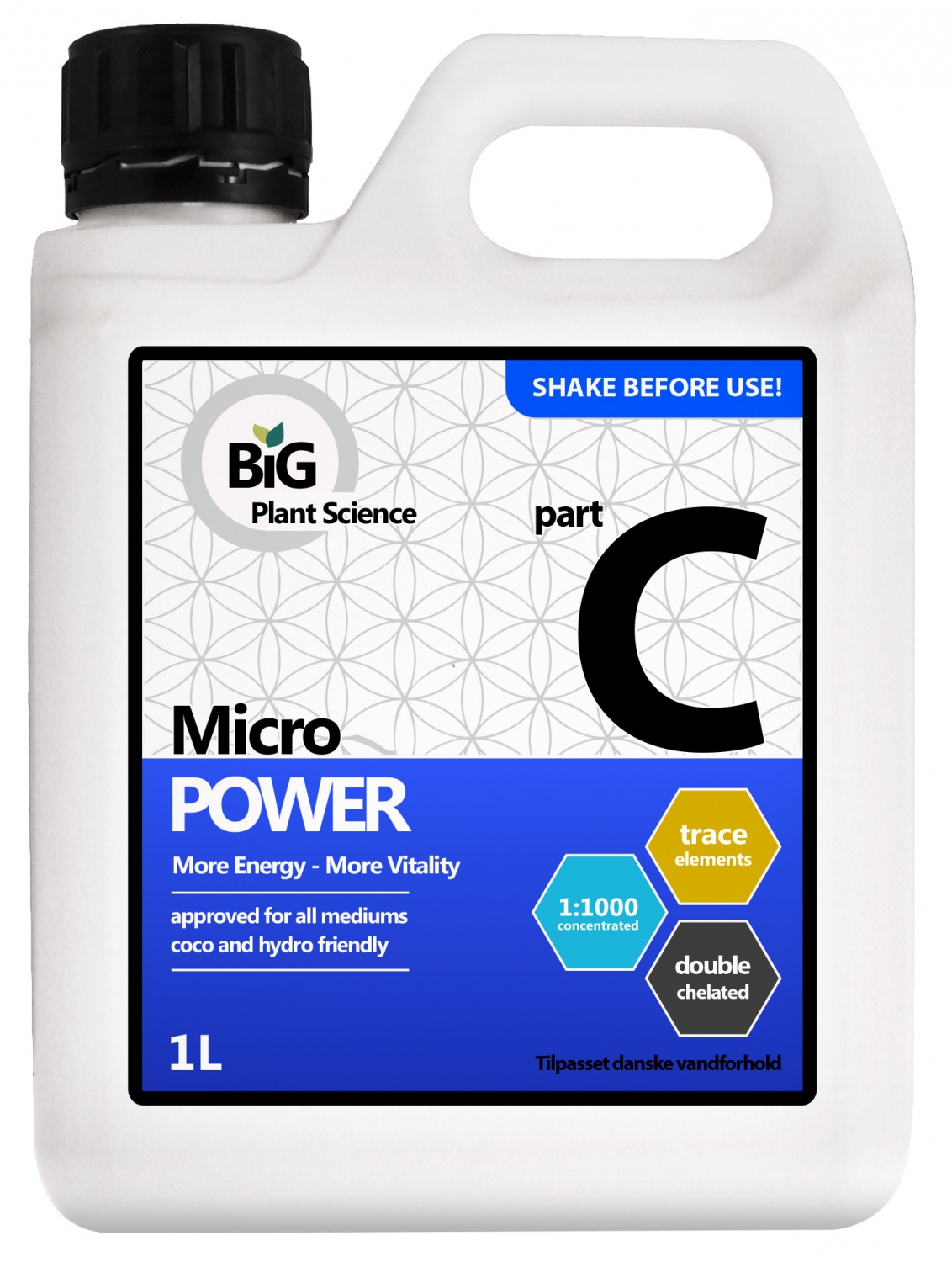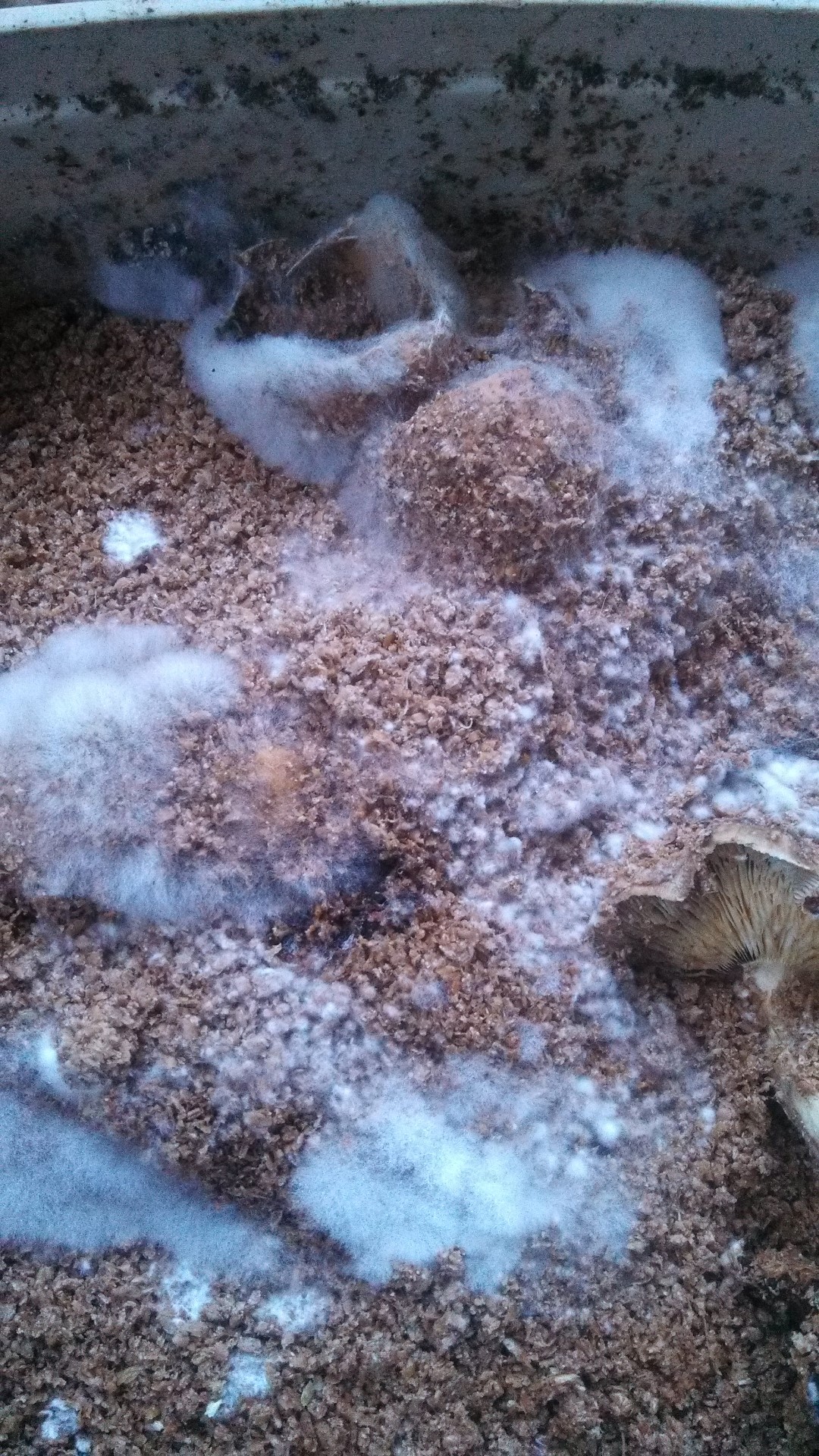

Although, this must be considered the absolute minimum daily intake, 2 to 3 mg would be considered optimal and up to 6 mg per day for horses undergoing strenuous exercise on a regular basis.

The horse’s recommended daily requirement of selenium is 1 mg. Because of this, horses that consume a forage-only diet may benefit from supplemental selenium. The selenium concentration of feeds greatly depends on the selenium present in soil, and so this is why certain feeds in certain soil regions (such as Eastern North America) may be more devoid of selenium than others. Toxicity, although uncommon, can cause alkali disease which is characterized by a loss of vision, depressed appetite and/or poor skin and hoof quality. Selenium is a trace mineral component of glutathione peroxidase, which acts as an antioxidant and is also needed for the functioning of enzymes that produce thyroid hormones- just to name a few (3)! There are over 32 selenoproteins that have been identified, but the function of many is still unknown.Ī selenium deficiency can weaken the immune system and cause degeneration of both the nervous and muscle tissue.

The horse’s recommended daily requirement of iron is 500 mg. Generally, only horses that experience severe blood loss, perhaps through a bleeding ulcer, chronic inflammation or heavy worm load, would be ones to watch out for and perhaps need additional iron in their diet. The chronic inflammation caused by these excess free radicals in the body are thought to be implicated in the development of insulin resistance in mammals (2). In addition, free, ionized iron acts as an oxidant, which increases oxidative stress and inflammation. For example, high iron intake is known to negatively impact zinc and copper levels. Since excess iron is a much more common problem in horses, antagonistic relationships with other minerals like copper, zinc and manganese are of higher importance. Fortunately, iron deficiencies are very rare in horses due to the sheer amount of iron that is usually present in water, forage and most feeds. Iron is an important trace mineral for the functioning of hemoglobin and myoglobin, which are proteins that carry oxygen throughout the body. The recommended requirements for a 500 kg, mature horse at maintenance consuming 2% of their body weight in dry matter is 100-120 mg of copper per day, and 400-500 mg of zinc per day. Providing adequate amounts of copper and zinc may not be possible when feeding forage alone, and so feeding a well-fortified vitamin and mineral supplement is necessary. For example, excessively high copper intake has the potential to reduce the absorption and utilization of selenium and iron. Other trace minerals may be affected as well. A simple way to monitor this is to keep the Zinc:Copper ratio to between 4:1 & 3:1. Horses must consume copper and zinc in proper amounts so that one mineral doesn’t out-compete the other. Proper intake of both is imperative for growing and mature horses, but what is even more important is the balance of the two. These two trace minerals have similar roles in the horse’s body when it comes to the maintenance and growth of connective tissue and melanin. Knowing the basic requirements of each will help ensure that your horse consumes the right amount that it can’t obtain from forage alone. Zinc, Copper, Iron, Selenium, Manganese, Cobalt and Iodine are some of the most important trace minerals in equine nutrition. Feeding less than this means that the levels of trace minerals that your horse is actually receiving are far below requirements. This issue stems from the fact that complete feeds are often not well-fortified and are meant to be fed at 3-5 kg per day. Think milligrams! Despite this, however, the majority of horses still receive too much energy and protein and not enough trace minerals from their diet.ĭeficiencies in key trace minerals, over a long period of time, can result in a plethora of problems with hoof quality, coat condition, digestion and can also affect the athletic performance of your horse. Trace minerals are only needed in very small amounts in a horse’s diet.


 0 kommentar(er)
0 kommentar(er)
